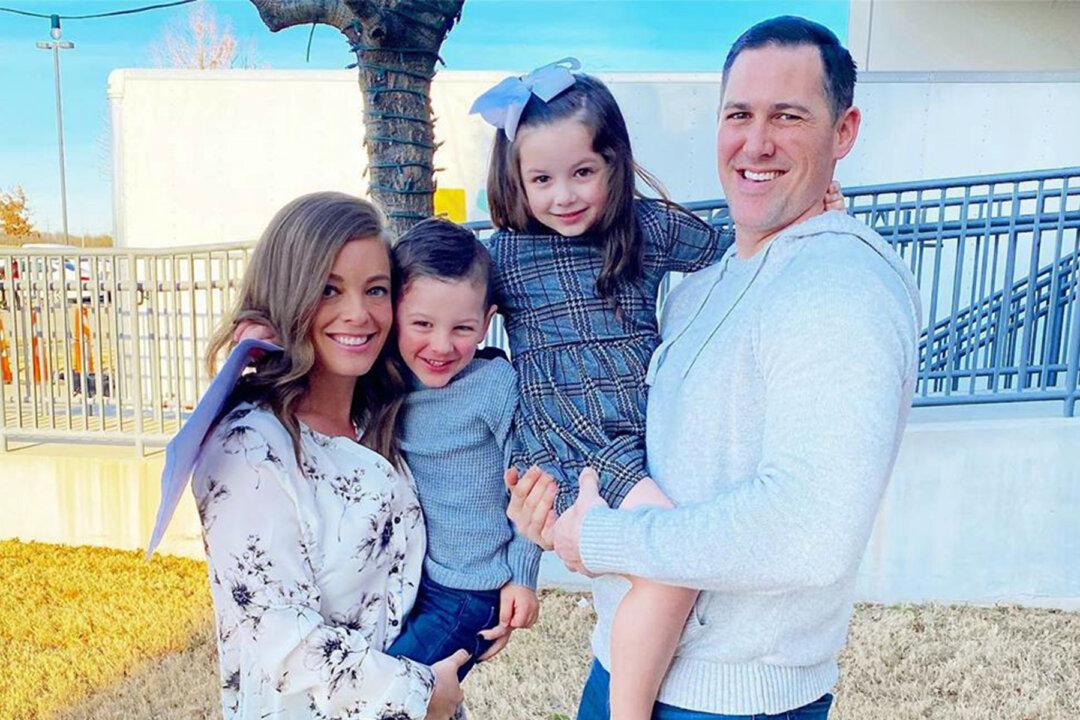Stephanie Hanrahan is a parent of two children, and both of them are autistic.
Raising her daughter, Campbell, and her son, Eli, has been a rocky road, and their unique needs have transformed Stephanie from the inside. Grief has turned into gratitude. And now, the loving mom wants to share the implements of that shift that have kept her family thriving.





